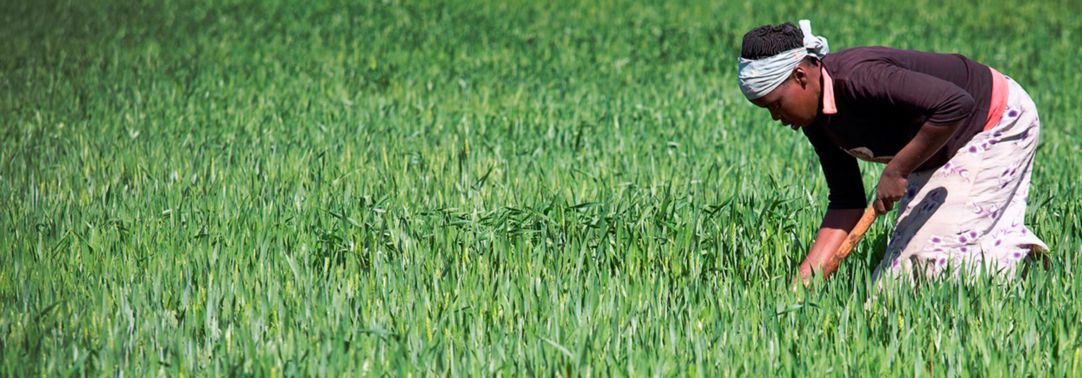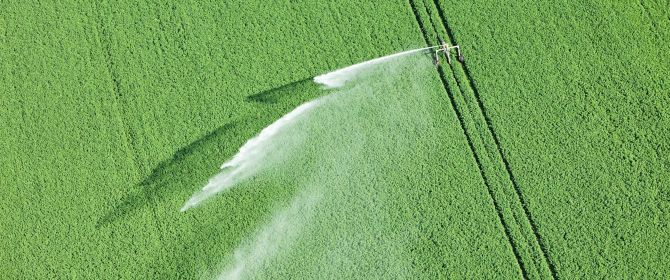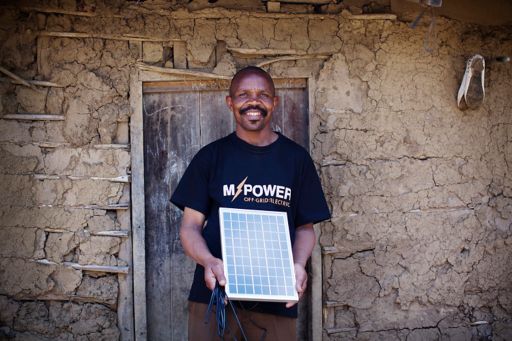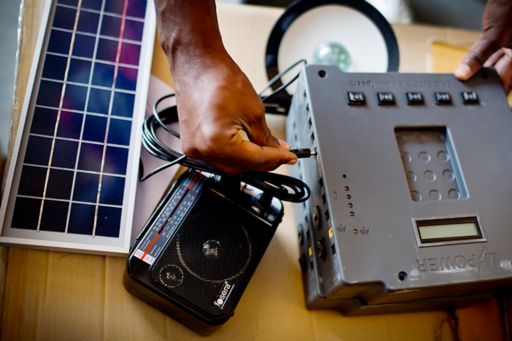Thought Leadership
Thought Leadership
We prioritize learning and share insights to inform not just ourselves but others working towards the same goals.
In the IDAS business unit we take the view that many of the world’s development issues can be solved through collaboration. With cross learning at the top of the agenda, every day we work to uncover and learn new lessons from our specialists implementing programmes in the field. We use them to make our grantees’ projects work better; we use them to teach ourselves to do better; and we share them with our clients, so that they too can make the most of their funding. Every insight we adapt makes a world of difference in the outcomes we achieve and in making projects sustainable in the ever changing development landscape. Here are some of the lessons learned from our portfolio in general:
Scroll down to other thought leadership articles;
© 2024 KPMG Advisory Services Limited, a Kenyan Limited Liability Company and a member firm ofthe KPMG global organization of independent member firms affiliated with KPMG InternationalLimited, a private English company limited by guarantee. All rights reserved. For more detail about the structure of the KPMG global organization please visit https://kpmg.com/governance.
Connect with us
- Find office locations kpmg.findOfficeLocations
- kpmg.emailUs
- Social media @ KPMG kpmg.socialMedia
Stay up to date with what matters to you
Gain access to personalized content based on your interests by signing up today















